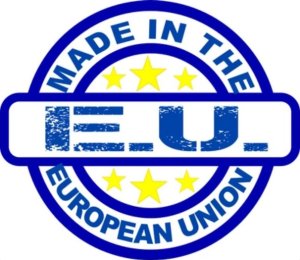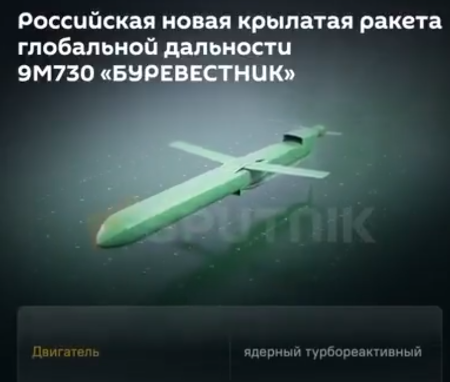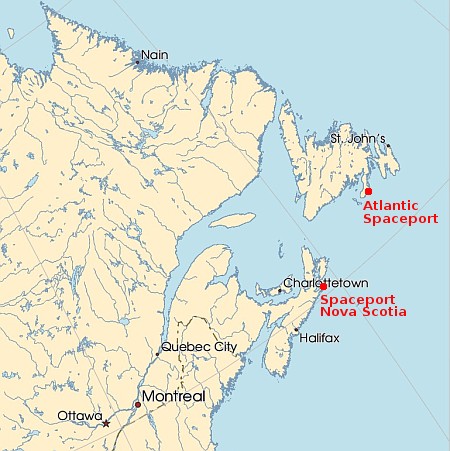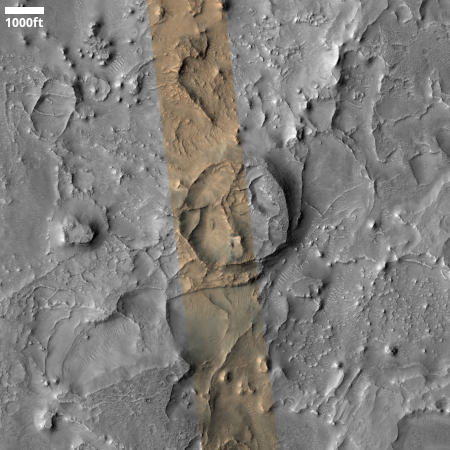Startup semi-conductor manufacturer Besxar signs deal to use SpaceX’s Falcon 9 first stage as production platform during its short flight
In what appears to be first, the startup Besxar has signed a deal with SpaceX to fly what it calls its Fabships on the first stage of the Falcon 9 in order to take advantage of the extreme vacuum of space to produce better semi-conductors.
Fabships will be integrated on Falcon 9 first stage boosters and retrieved post launch after the rocket safely returns to land. The campaign marks the first-ever reusable payload program to launch on a SpaceX rocket and will accelerate Besxar’s path toward building the world’s first orbital semiconductor foundry. This flight campaign will debut Besxar’s “Clipper-class” Fabship, engineered for short-duration, quick-turnaround sorties that enable rapid iteration and demonstrate the first phase in Besxar’s broader vision to establish scalable semiconductor production in orbit.
Besxar is pioneering a new class of orbital manufacturing, using the ultra-high vacuum (UHV) of space to produce ultra-pure substrates and precursor materials—the foundational building blocks for AI data centers, quantum computing, nuclear systems, next-generation defense systems, and directed-energy applications. By manufacturing in orbit, Besxar can achieve purity levels and yield efficiencies impossible on Earth, effectively doubling the chip cost-efficiency for next-generation AI workloads.
The deal is for twelve flights, with the first occurring as soon as this year. The deal not only allows Besxar an opportunity to produce a better product it can sell, it gives SpaceX another avenue for profits. It is in fact surprising that SpaceX has not done more deals like this, especially with its Dragon cargo capsule. There is a whole cottage industry now developing using returnable capsules for in-space manufacturing — led by Varda. That SpaceX hasn’t offered Dragon as yet is puzzling. It is possible Dragon is simply too expensive and large at this time, based on the nascent state of this industry. Once investors see profits from the smaller new capsules like Varda’s they will look at Dragon as an option.
In what appears to be first, the startup Besxar has signed a deal with SpaceX to fly what it calls its Fabships on the first stage of the Falcon 9 in order to take advantage of the extreme vacuum of space to produce better semi-conductors.
Fabships will be integrated on Falcon 9 first stage boosters and retrieved post launch after the rocket safely returns to land. The campaign marks the first-ever reusable payload program to launch on a SpaceX rocket and will accelerate Besxar’s path toward building the world’s first orbital semiconductor foundry. This flight campaign will debut Besxar’s “Clipper-class” Fabship, engineered for short-duration, quick-turnaround sorties that enable rapid iteration and demonstrate the first phase in Besxar’s broader vision to establish scalable semiconductor production in orbit.
Besxar is pioneering a new class of orbital manufacturing, using the ultra-high vacuum (UHV) of space to produce ultra-pure substrates and precursor materials—the foundational building blocks for AI data centers, quantum computing, nuclear systems, next-generation defense systems, and directed-energy applications. By manufacturing in orbit, Besxar can achieve purity levels and yield efficiencies impossible on Earth, effectively doubling the chip cost-efficiency for next-generation AI workloads.
The deal is for twelve flights, with the first occurring as soon as this year. The deal not only allows Besxar an opportunity to produce a better product it can sell, it gives SpaceX another avenue for profits. It is in fact surprising that SpaceX has not done more deals like this, especially with its Dragon cargo capsule. There is a whole cottage industry now developing using returnable capsules for in-space manufacturing — led by Varda. That SpaceX hasn’t offered Dragon as yet is puzzling. It is possible Dragon is simply too expensive and large at this time, based on the nascent state of this industry. Once investors see profits from the smaller new capsules like Varda’s they will look at Dragon as an option.









